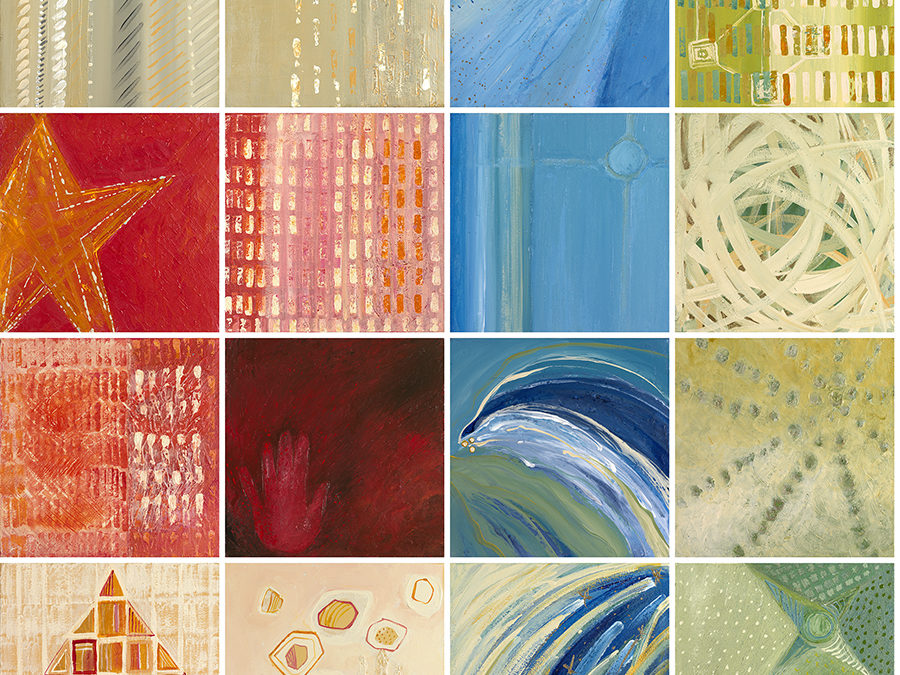When people ask me what I do and I mention assessments such as the MBTI, I get a variety of reactions. Some people’s eyes glaze over as they say “You what?” Obviously they have never experienced a personality assessment other than possibly a quiz in a magazine they may have done as a teenager. There are others who say “I did that once”, but have no idea which tool was used nor what their particular results indicated. The rare individual can rhyme off their results from a variety of assessment tools and indicate how they play out in their work life. What is common is that people who have done one of the temperament assessments or another 4 part, model such as Social Styles will remember either the colour or an aspect of their type.
In a recent conversation, a woman was excited to talk about just how Gold she was – “off the charts” as she described her uber-organized style. She had a real sense of how those preferences suited the work she was in and just as aware of how it was a source of possible friction in her home life.
What occurred to me during our conversation was how useful a simple model was in a work context where people have something like colour to anchor their memory. Assessments of any kind are only of value if they are applied. What does this tell me about my strengths? What does it tell me about how others may perceive my actions? How can I become increasingly aware of my “blindspots”?
The other thought I had was that personal development is so important to me that at times I forget that some people could care less. Those of us who see the value in using tools to learn about ourselves and others, may readily see that having insights from a number of tools is simply a more meaningful approach to understanding. Those who value personal development are willing to take the time to learn about and apply more complex instruments.
So even though I have a personal preference for the distinctions made by the Step 2 version of the MBTI that gives a break down of 5 sub-pairs for each preference pair, some people simply want to know I am Gold and this is a good thing for my job. What works depends on the context and the interest of the people involved. Start wherever you are. KISS Keep it simple is sometimes the best motto.

